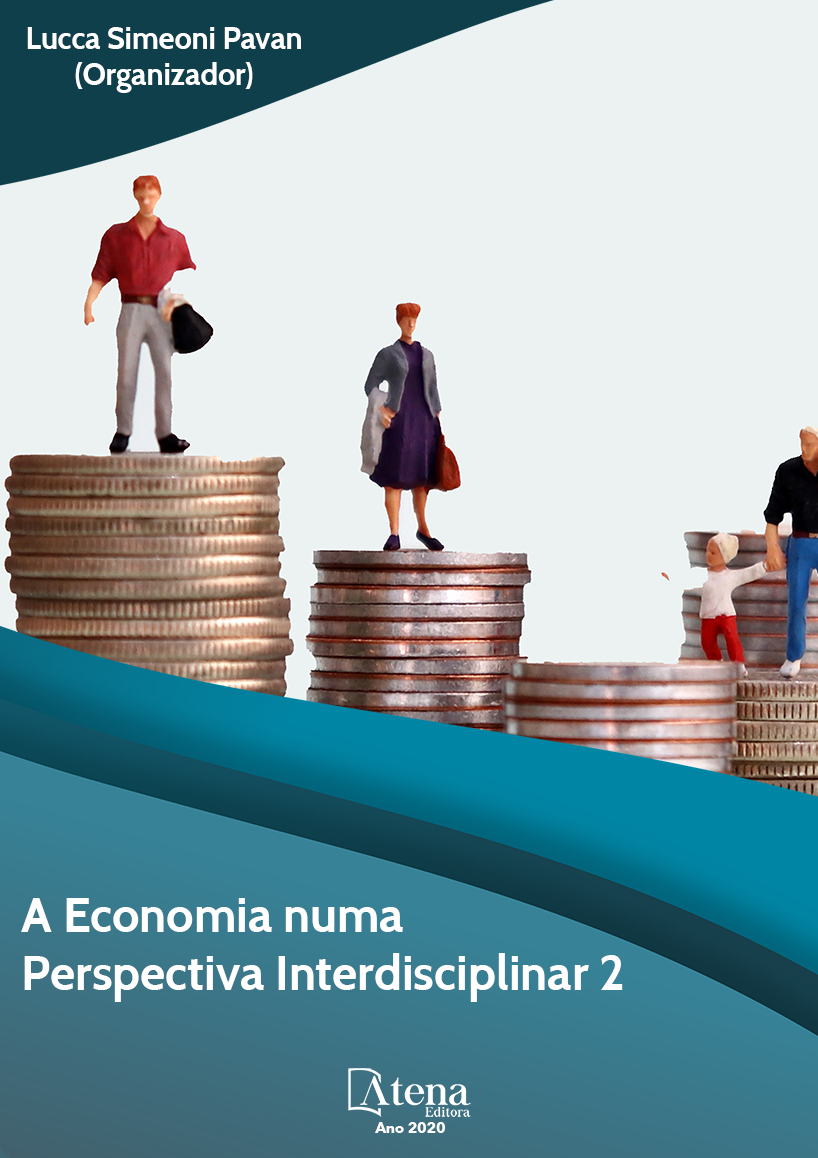
RENDIMENTO BÁSICO INCONDICIONAL A PERCEÇÃO EM PORTUGAL
Numa altura em que o debate
económico e social se intensifica a nível mundial,
fruto das preocupações com o aumento da
pobreza no mundo e o progressivo afastamento
entre ricos e pobres, urge encontrar caminhos e
alternativas económicas e sociais que possam
ser testadas e colocadas em prática. A recente
distinção de Abhijit Banerjee, Esther Duflo e
Michael Kremer, com o Prémio Nobel da Economia
de 2019, pela “abordagem experimental” nos
estudos relacionados com formas de mitigação
da pobreza pode ser considerada uma prova
dessa urgência. Este estudo exploratório sobre
a perceção dos Portugueses relativamente ao
Rendimento Básico Incondicional (RBI) inicia
com a evolução histórica e epistemológica do
conceito “trabalho” de forma a percebermos
as várias interpretações ao longo do tempo;
posteriormente são apresentadas algumas
reflexões teóricas defendidas por vários
autores ao longo do tempo e terminaremos a
contextualização teórica visitando algumas
experiências e abordagens já realizadas
em vários locais a nível Mundial. O RBI –
Rendimento Básico Incondicional ou RBU –
Rendimento Básico Universal, tem defensores
e oponentes, ambos os lados com argumentos
convincentes sobre a sua aplicabilidade prática,
no entanto, não podem ser tiradas conclusões
sem experiências e resultados convincentes
no terreno. Da mesma forma, a ideia não deve
ser abandonada sem percebermos a sua real
aplicabilidade, pois o seu sucesso poderá ser
importante para o desenvolvimento futuro do
Mundo. Os estudos sobre o RBI ainda estão no
início, ainda que o tema seja debatido por vários
investigadores desde o século passado como
veremos; alguns países lançaram projetos
piloto recentemente ou estão a considerar a
sua implementação. A pergunta que se impõe
é se o tema está suficientemente percebido e
interiorizado pelas populações ou se se ficou
pela reflexão académica. Em Portugal a temática
surge de tempos a tempos na comunicação
social; não existindo investigação suficiente
sobre o tema nem conhecimento por parte da população, como veremos, somos de
opinião que o debate ainda nem sequer se iniciou. Dessa forma entendeu-se premente
o contributo Português para o enriquecimento do conhecimento sobre as temáticas do
“futuro do trabalho”, “o trabalho do futuro” e mais especificamente sobre o Rendimento
Básico Incondicional. Para percebermos a perceção dos Portugueses sobre o tema,
preparamos um questionário, que foi respondido por 273 pessoas. Os resultados
são evidentes e indicam que existe um grande desconhecimento da generalidade da
população sobre a temática RBI, pelo que é fundamental e urgente lançar o debate
na opinião publica Portuguesa, de forma que, mesmo antes da formação de opiniões
empíricas por parte da população, o conhecimento e discussão sobre o tema seja feito
duma forma cuidada e objetiva, assente em literatura e abordagens de investigadores
internacionais, bem como em estudos e resultados de experiências anteriores.
RENDIMENTO BÁSICO INCONDICIONAL A PERCEÇÃO EM PORTUGAL
-
DOI: 10.22533/at.ed.8372019025
-
Palavras-chave: Futuro, Rendimento Básico Universal, Trabalho.
-
Keywords: Future, Universal Basic Income, Work.
-
Abstract:
At a time when the economic and social debate is intensifying worldwide,
as a result of concerns about rising world poverty and the growing gap between rich
and poor, there is a need to find ways and alternatives that can be tested and put
into practice. The recent distinction of Abhijit Banerjee, Esther Duflo and Michael
Kremer, with the 2019 Nobel Prize for Economics, for the “experimental approach”
in studies related to forms of poverty relief can be considered as evidence of that
need. This exploratory study on the Portuguese perception of Universal Basic Income
(UBI) begins with the historical and epistemological evolution of the concept “work”
in order to understand the various interpretations over time; Subsequently, some
theoretical reflections sustained by several authors over time are presented and we
will end the theoretical contextualization by visiting some experiences and approaches
already carried out in various locations worldwide. UBI – Universal Basic Income has
its defenders (?) and opponents, both sides with convincing arguments about their
practical applicability, however, conclusions cannot be drawn without convincing
experience and results on the ground. Similarly, the idea should not be abandoned
without realizing its real applicability, as its success could be important for the future
development of the world. UBI studies are still in in its early stages, although the topic
has been debated by many researchers since the last century as we shall see. Some
countries have recently launched pilot projects or are considering their implementation.
The question that arises is whether the theme is sufficiently understood and internalized
by the populations or if it has been left to academic reflection. In Portugal, the theme
arises from time to time in the media; If there is not enough research on the subject or
knowledge from the population, as we will see, we are of the opinion that the debate
has not even begun. Thus, we find the Portuguese contribution to the enrichment of
knowledge about the theme of the “future of work”, “the work of the future” and more
specifically about Universal Basic Income. To understand the Portuguese perception
on the subject, we prepared a questionnaire, which was answered by 273 people. The
results indicate that there is a great lack of knowledge of the general population about
the UBI theme, so it is essential and urgent to launch the debate in Portuguese public
opinion, so that even before the formation of empirical opinions by the population,
knowledge and discussion on the subject is done in a careful and objective manner,
based on studies and results of previous experiences, in order to base them on scientific
results produced by various international researchers.
-
Número de páginas: 25
- Cristiana Silva Azevedo
- João Filipe Monteiro Ribeiro
- Diamantino Ribeiro


